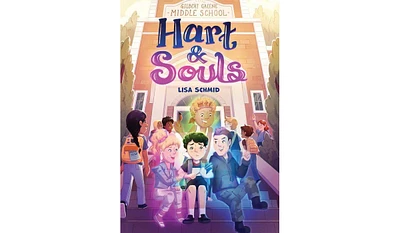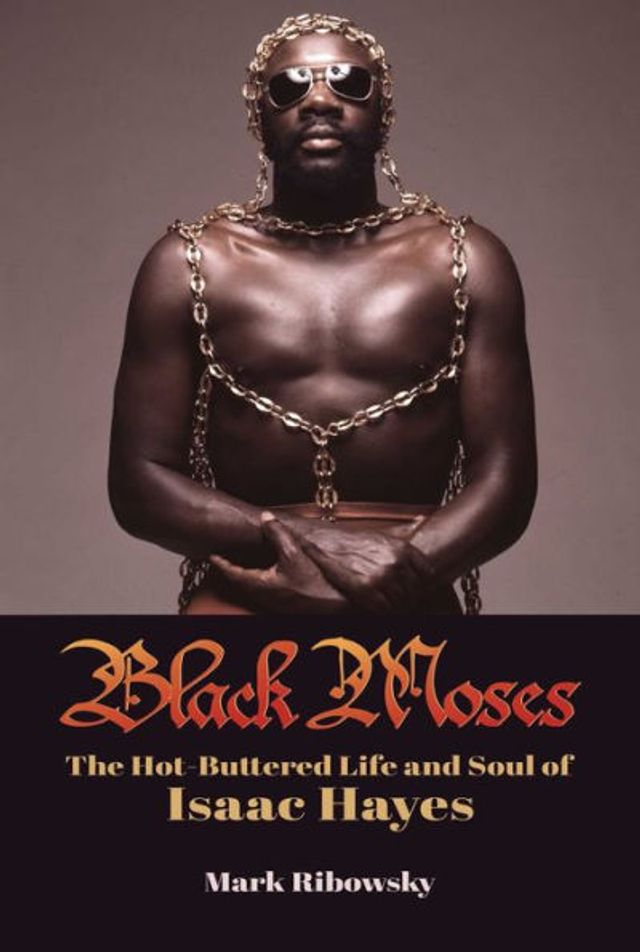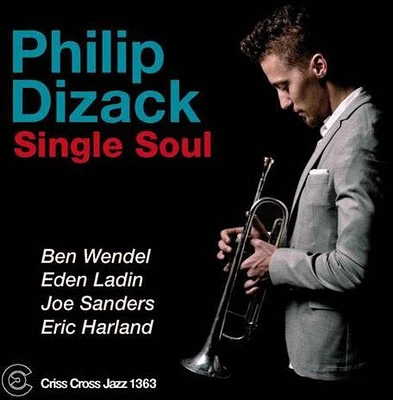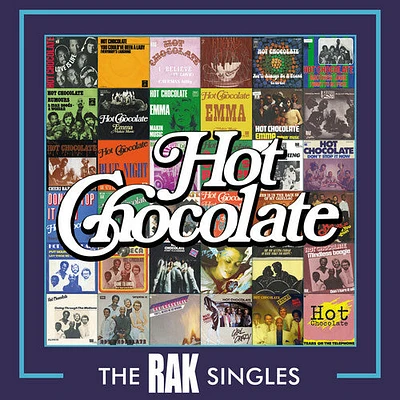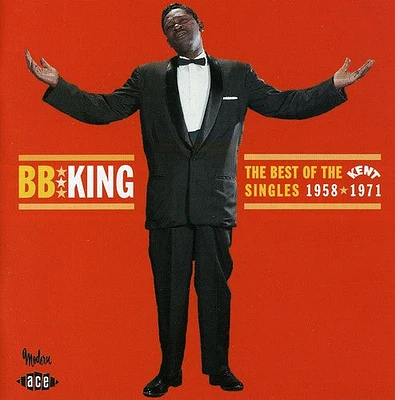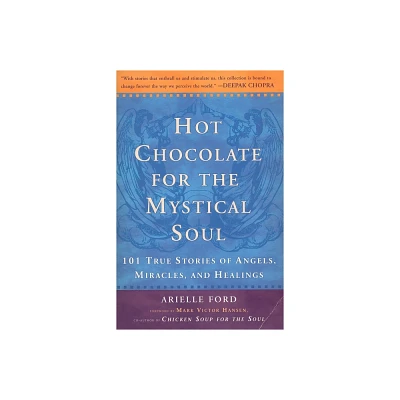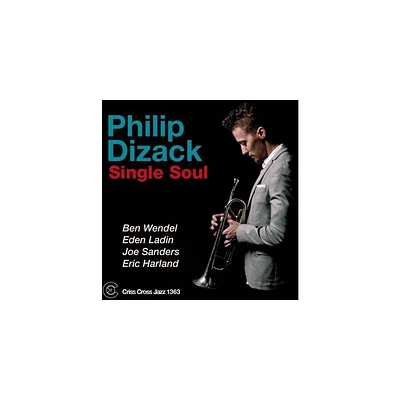Home
Hot Runnin' Soul: The Singles 1965-71
Loading Inventory...
Barnes and Noble
Hot Runnin' Soul: The Singles 1965-71
Current price: $13.99


Barnes and Noble
Hot Runnin' Soul: The Singles 1965-71
Current price: $13.99
Loading Inventory...
Size: OS
*Product Information may vary - to confirm product availability, pricing, and additional information please contact Barnes and Noble
Paul Kelly
was kind of an average soul singer when you got down to it, and even some of his better songs recalled better and more original artists. That doesn't mean that serious soul fans won't get something out of this compilation, which has both sides of all 12 singles he released between 1965 and 1971 on several labels. Along with many other soul artists of the mid-'60s,
Kelly
sometimes seemed to be striving for a Motown feel, and while always competent and committed, the cops from Motown hits on some of his early 45s can be a little too obvious. "It's My Baby" falls close to
the Temptations
' "My Girl" (one of the horn riffs is copied almost note-for-note); "Can't Help It" goes right for the heart of
the Four Tops
. Since
Clarence Reid
wrote or co-wrote most of
's early singles, we can lay some of the responsibility with him, but also give him some praise for 1965's "The Upset," a nice, anguished ballad in irregular jerky time (even some of it owes more than a little to
Major Lance
hits). "Only Your Love," meanwhile, brings to mind
Sam Cooke
's "A Change Is Gonna Come" without the social conscience. You can add
Joe Tex
(who wrote some of the songs here) and
Otis Redding
to the list of artists echoed. But before getting too carried away with the listmaking, it should be noted that
did some decent Southern soul ballads like "Nine Out of Ten Times," even if they're not classics of the genre.
started to write most of his own material by the late 1960s, and found a more identifiable voice, lyrically at any rate, with 1970's Top 20 R&B hit "Stealing in the Name of the Lord," whose lyrics about hypocrisy in the church were quite unusual and controversial for the time. The eight tracks from early-'70s singles on
Happy Tiger
that close the anthology (all but one of which appear on his
Dirt
album) show him moving into a more comfortably mature, serious Southern soul groove, capably mixing in some funk, rock, gospel, and introspective lyrical moods. ~ Richie Unterberger
was kind of an average soul singer when you got down to it, and even some of his better songs recalled better and more original artists. That doesn't mean that serious soul fans won't get something out of this compilation, which has both sides of all 12 singles he released between 1965 and 1971 on several labels. Along with many other soul artists of the mid-'60s,
Kelly
sometimes seemed to be striving for a Motown feel, and while always competent and committed, the cops from Motown hits on some of his early 45s can be a little too obvious. "It's My Baby" falls close to
the Temptations
' "My Girl" (one of the horn riffs is copied almost note-for-note); "Can't Help It" goes right for the heart of
the Four Tops
. Since
Clarence Reid
wrote or co-wrote most of
's early singles, we can lay some of the responsibility with him, but also give him some praise for 1965's "The Upset," a nice, anguished ballad in irregular jerky time (even some of it owes more than a little to
Major Lance
hits). "Only Your Love," meanwhile, brings to mind
Sam Cooke
's "A Change Is Gonna Come" without the social conscience. You can add
Joe Tex
(who wrote some of the songs here) and
Otis Redding
to the list of artists echoed. But before getting too carried away with the listmaking, it should be noted that
did some decent Southern soul ballads like "Nine Out of Ten Times," even if they're not classics of the genre.
started to write most of his own material by the late 1960s, and found a more identifiable voice, lyrically at any rate, with 1970's Top 20 R&B hit "Stealing in the Name of the Lord," whose lyrics about hypocrisy in the church were quite unusual and controversial for the time. The eight tracks from early-'70s singles on
Happy Tiger
that close the anthology (all but one of which appear on his
Dirt
album) show him moving into a more comfortably mature, serious Southern soul groove, capably mixing in some funk, rock, gospel, and introspective lyrical moods. ~ Richie Unterberger

